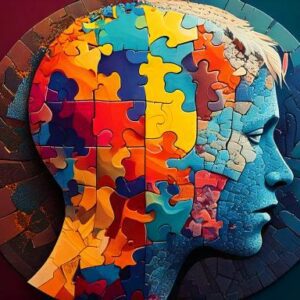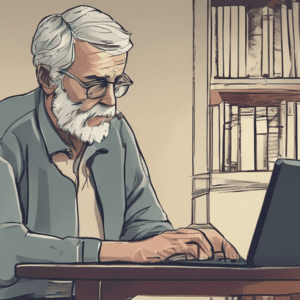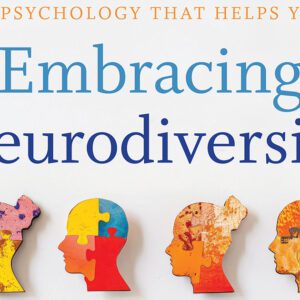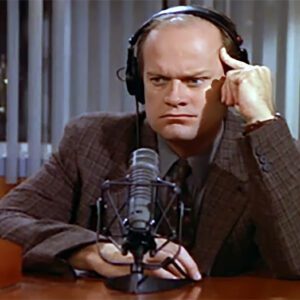-

The psychology of belonging: Understanding Adler’s revolutionary ideas
Explore Alfred Adler’s revolutionary psychology focusing on belonging, social connection, and personal growth. Learn through real case studies and practical exercises how Adlerian psychology offers effective solutions for modern challenges, contrasting with Positive Psychology’s limitations in addressing human wellbeing holistically
-

To and too
Lee discusses the common confusion between the words ‘to’ and ‘too’, providing a simple trick to help remember the correct usage. It emphasises the importance of developing writing habits and eliminating overused words for clearer, more impactful communication
-

Re-framing mental health diagnoses
Lee Hopkins explores how the neurodiversity paradigm challenges traditional medical models of mental health conditions. It advocates for a shift towards a more inclusive, humanised approach that recognises cognitive differences as natural variations rather than disorders requiring treatment
-

Neurodiversity and mental health diagnoses
Delve into how the neurodiversity movement reframes mental health diagnoses, promoting a perspective that views cognitive differences as natural variations within human diversity. Explore the implications for diagnostic practices, social constructs, and clinical approaches
-

Autism, ADHD and Bipolar Disorder
Examine the potential overlap between symptoms of ADHD, autism, and bipolar disorder, including the suggestion that some cases traditionally diagnosed as bipolar disorder may be better understood through a neurodiverse lens. Lee also highlights the need for improved diagnostic tools and awareness
-

Three life lessons every writer should learn
Lee Hopkins reflects on three profound lessons he has learnt through his writing journey: embracing discomfort, practising gentle persistence, and finding joy in the creative process. It emphasises the transformative power of writing as a practice of presence and connection
-

Stephanie McBride – Book 4: ‘Justice’
She’s on her way back! Stephanie, our favourite cybercrime detective, is currently having her fourth book written about her. Want to read a draft of the first chapter? Be my guest!
-

Book review: ‘Understanding AuDHD’ and ‘Embracing Neurodiversity’
“Embracing Neurodiversity“ offers an overview of several neurodevelopmental conditions (autism, ADHD, dyslexia, Tourette’s, and dyscalculia), explaining their characteristics, challenges, and strengths, and advocating for neurodiversity acceptance. Then, “Understanding AuDHD“ focuses specifically on the co-occurrence of autism and ADHD (AuDHD), exploring its neurological basis, impact on daily life, and strategies for support and understanding, emphasizing the Double…
-

Will AI ever be good enough to be a counsellor?
Of course it will. Look at the distance generative AI has come in the last two years. Two years ago it could barely punch its way out of a wet paper bag. Now, even professional writers and academics are admitting that generative writing AI—such as Claude or ChatGPT—have leap frogged themselves to a point where…
-

Exploring the role of lithium in treating mood disorders
A recent review explores the potential of red blood cell lithium measurements in managing mood disorders. While some evidence suggests benefits in predicting side effects and treatment response, results are mixed. The study highlights the complexity of lithium treatment and the need for personalised monitoring
Got any book recommendations?








